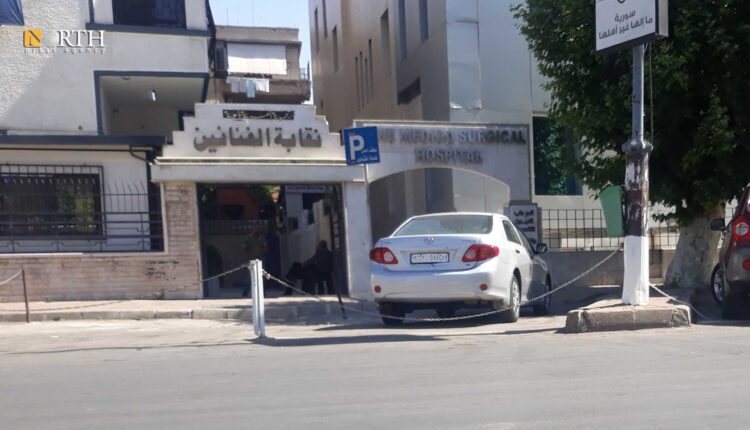Temporary Council Formed to Oversee Syrian Artists’ Syndicate
By Kardo Roj
DAMASCUS, Syria (North Press) – The Syrian government has appointed a temporary council to oversee the administration of the Syrian Artists’ Syndicate, marking a significant shift in the organization’s leadership. The decision, issued Thursday by Syria’s caretaker Prime Minister Mohammad Al-Bashir, assigns actor Mazen Al-Natour as the new head of the syndicate.
The council will be responsible for managing the syndicate’s affairs across all Syrian provinces, ensuring that its activities align with professional and organizational standards. The move follows years of controversy surrounding the syndicate’s previous leadership under the former Syrian government.
Al-Natour’s appointment comes after years of exclusion from the syndicate, having previously been removed under the former government’s policies. His return is seen as a shift in the cultural landscape, with the potential to reshape artistic representation in Syria.
According to the government decree, the temporary council consists of:
Mazen Al-Natour – Head of the syndicate
Noor Mehna – Deputy head
Nabil Abu Al-Shamat – Treasurer
Salah Taameh – Secretary
Additionally, artists Mohammad Hadaki, Amal Hawija, Mais Harb, Mohammad Al-Rashi, Jihad Abdo, and Youssef Abdo were appointed as council members.
The temporary council is tasked with managing the syndicate’s central and provincial branches, ensuring its operations continue smoothly during the transition period. This restructuring follows broader changes in Syria’s political and cultural institutions, reflecting ongoing efforts to reorganize professional bodies across the country.
The Syrian Artists’ Syndicate has historically played a significant role in the country’s cultural scene, representing actors, musicians, and other artists. However, its leadership has often been subject to political shifts, with past decisions sparking debates over artistic freedom and government influence in the sector.
The formation of the temporary council raises questions about the future of the syndicate’s leadership and its role in Syria’s cultural landscape. While the new appointments suggest a shift toward inclusivity, the extent of this change remains uncertain.
Observers will be watching closely to see whether the restructuring leads to genuine reforms in artistic representation or if it remains another politically driven adjustment in Syria’s broader governance.

